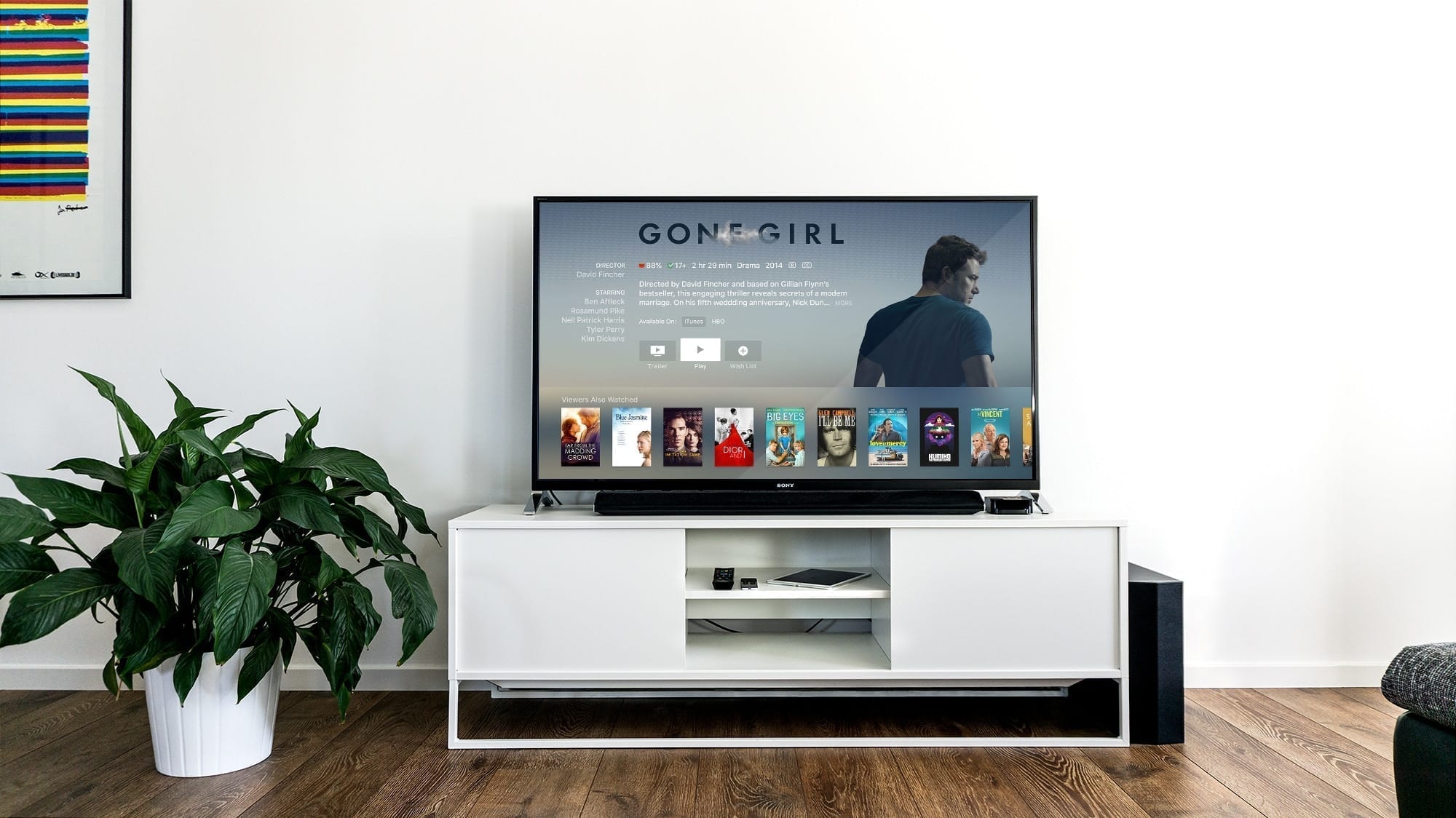Vizio Moves to Settle Class Action Regarding Unauthorized Data Tracking
We were recently contacted by the PR firm representing Vizio. There were some unintentional factual inaccuracies in the original version of this article. We apologize for any inconvenience this error may have caused. Corrections appear in red. Vizio is in the midst of settling a class-action lawsuit and displaying a message regarding the lawsuit’s terms on its previously sold “Smart TV.” The privately-owned company headquartered in Irvine, California, since 2002 must alert customers who bought the model that they will be party to an unauthorized data collection settlement and will likely receive a small amount of compensation.
As part of a federal investigation, it was discovered Vizio had been spying on customers for several years via installed ACR software. The tracking started in February 2014 on both new and refurbished televisions. ACR, installed in an estimated one million internet-connected televisions to determine what people watch, periodically appended IP addresses to the collected data and opened the door for more detailed personal information to be collected, including age, sex, income, marital status, household size, education level, home ownership, and home values. In this way, the company’s marketing tactic collected much more than simply information on what its customers were viewing.

Smart TVs tracked viewers 24/7 without their knowledge or consent. Even if a customer discovered the tracking software, the only way to eliminate the possibility of sensitive information being collected and stored was to disconnect it and buy a new device. There was no easy way to opt out.
With ACR enabled, Viewing Data was detected on VIZIO Smart TV’s when the TVs were on. If a customer did not want the ACR software, the user could always go into the side menu and disable Viewing Data by toggling the switch to off.
The current settlement is related to an entirely separate lawsuit that was consolidated filed in federal court in Los Angeles New Jersey, and as a result, Vizio agreed to pay $2.2 million to settle the complaint brought by the Federal Trade Commission (FTC). The company has also created a page that explicitly lets users know how to opt out of the Smart Interactivity feature.
Vizio is forever barred from unauthorized tracking of personal data, and the case made it clear that Smart television manufacturers should get people’s consent before collecting and sharing channel and network viewing information. The company is also being forced to delete most of the data it already collected and put in place a privacy program that checks their partners’ privacy practices, ensuring they haven’t collected and stored user data unlawfully.
Attorneys have asked the court to approve the preliminary settlement by extend time to file the motion for preliminary approval to October 3. At that time a future date, the message will be displayed, and monetary payment can be expected to follow.
“The Parties are developing a class notice program with direct notification to the class through Vizio Smart TV displays, which requires testing to make sure any TV notice can be properly displayed, and functions as intended,” the parties wrote in court documents. “The additional time requested will allow the parties to confirm that the notice program proposed in the motion for preliminary approval is workable and satisfies applicable legal standards.”
Anyone who has purchased a Vizio Smart television should go to the device’s settings menu and look for information about automated content recognition (“ACR”). This page will display more details about the software and its purpose. Users who wish to disable tracking will be able to do so. More information on ACR software can also be found on the FTC’s site in the consumer advice section, consumer.ftc.gov.
Sources:
Vizio, sued for making creepy smart TVs, will notify customers via the TVs
VIZIO Settlement: Smart TVs should not track your shows without your O.K.


Join the conversation!